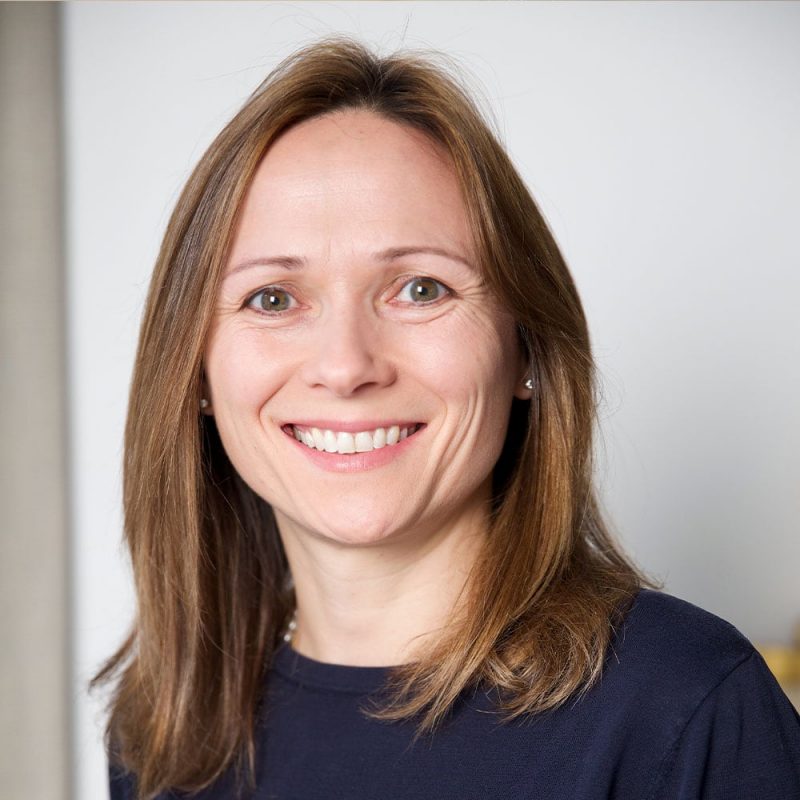-
Professor Andrew CleggUniversity of Leeds
-
Dr Jamilla HussainBradford Teaching Hospitals NHS Foundation Trust
-
Dr Kate BestUniversity of Leeds
-
Dr Lesley BrownBradford Teaching Hospitals NHS Foundation Trust
-
Dr Rebecca HawkinsUniversity of Leeds
-
Dr Dharmi KapadiaUniversity of Manchester
Project overview
This project will investigate the feasibility of a risk-stratified longitudinal frailty cohort called Well-being in later life in Bradford.
Why this project is important
Well-being is a positive and sustainable state in which people can thrive and flourish. However, there are unfair and avoidable differences in well-being for older people. Numerous factors, including age, frailty, gender, ethnicity, and socioeconomic status, can interact and impact on well-being in later life.
The research team intend to produce novel findings on factors that improve or reduce well-being in later life frailty, focusing on care transitions, care needs, and care networks.
How the research will be carried out
The project will answer the following research questions:
- How should inclusive methods of study recruitment and follow-up be co-developed and refined to maximise recruitment of marginalised groups?
- Is it feasible to recruit and retain participants across different intersectional groups, with a focus on ethnicity and socioeconomic position?
- Is it feasible to integrate Well-being in later life in Bradford into an existing routine linked health and care dataset to risk-stratify participants?
- Does the experience of care and care transitions vary according to intersectional characteristics and how does this shape well-being in the final phase of life?
- What is the relationship between the requirement for care and the provision of informal and formal care, taking account of intersectional characteristics?
- How do precarity indicators such as housing tenure, migration history, relationship dissolution, and financial stability impact on wellbeing in the final stage of life?
Participants will be assessed every six months for two years, enabling the timely assessment of older people as they experience frailty-related transitions or events. Well-being in later life in Bradford will focus on maximising recruitment of ethnic minority groups. The research will be done in partnership with the Born in Bradford team.
This project aims to inform, and secure funding for, the development of a multi-site cohort study to address future policy and practice-related research questions, including:
- How should inequalities in access to, quality of, and outcomes from care in later life be addressed, accounting for the diverse needs across intersectional groups?
- How should prospective qualitative and quantitative data be integrated to identify opportunities for intervention to sustain independence and well-being in later life?
- How should social care and end-of-life policy develop to facilitate more equitable opportunities for physical, emotional, social, and economic well-being in later-life frailty?
How it will make a difference
Outputs will include the feasibility analysis, as well as the findings on care and well-being in later life and descriptions of evolving needs and experiences of care.






































